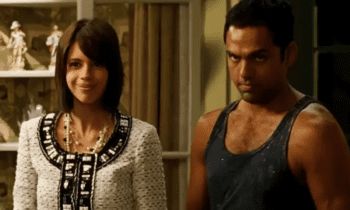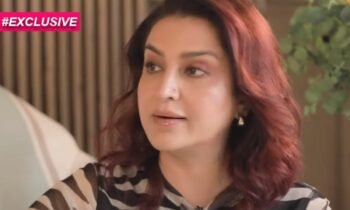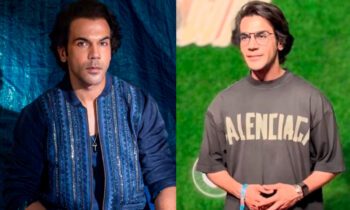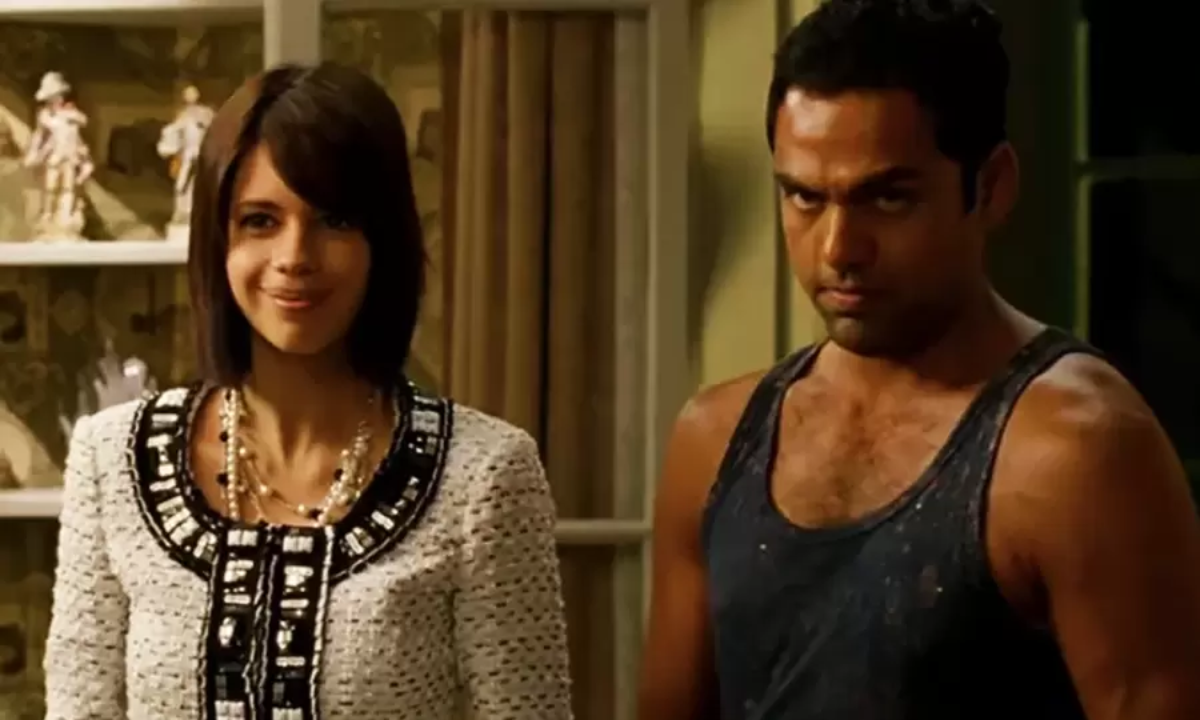Asma Khan Is A Fabulous Chef And In An Intimate, No-Holds-Barred Chat She Talks About Food, Racism And Misogyny

10am on a Saturday at Mansi Residence: This is me, I am Mansi. At this point, you will find me sprawled across my bed, tangled in a bedsheet, tucking into chai and watching some Netflix show that I am only half-invested in. It’s a blissful state, I fall asleep, then wake up and oscillate between the two, quite unaware of anything that’s going on beyond the four walls of my room. I really, really value this time, it’s mine and I will not haul my ass out, come high or hell water.
So when the people at Culinary Culture asked me if I would like interview Asma Khan, the chef on a Saturday morning, I hoped for everyone involved that they would have a really good breakfast and coffee to make me give up my time in this manner. I shouldn’t have worried.
Because if you want to enjoy meeting inspiring women, women who are taking misogyny by the collar and tossing it out with the mere flick of a finger, you will be thrilled to meet Asma Khan. This is a woman who’s running an all woman-kitchen in London, a fine dining restaurant and she has no qualms about saying it like it is. She’s so carefree, you almost want to warn her. But Asma is taking no prisoners, mincing no words. She’s out with a disarming smile, piercing eyes and a confidence that’s rare to find in women who are in a male-dominated industry. And so that’s where we start this free-wheeling chat that I enjoyed enormously.
https://www.instagram.com/p/B5QaqyiHdrv/
What’s it like working in a male-dominated industry?
It’s a schizophrenic existence. When I am outside my own kitchen, I do not relate to a of what goes on in my industry, because it is a culture of hospitality which I have a deep problem with. It’s a very macho, very aggressive, , toxic environment. If the excuse is that the stress in the kitchen and during service is so high, that chefs feel compelled to be violent to the weak, not just to the women but the weaker chefs, the younger in the kitchen, and you turn your anger at them – you’re physically and racially abusive, and you touch a woman without consent, you need to go to therapy. Because, this kind of excuse would not be acceptable anywhere else. People who work in everything from media to surgeons, to school teachers, would have never been allowed to make this excuse.
This is my problem and this is what am challenging. I am challenging the rhetoric and narrative of this mentality. And this is because there are not enough women in these spaces. And the women who have made it, are silent. There could be a number of reasons , they think their being a woman is irrelevant to their success. But being a woman, you cannot walk away from that. People see you as a woman, even if you don’t see yourself as a woman. So when there are cases of abuse and any misogyny and you keep quiet, as a female, you’re effectively endorsing it. If you don’t stand up for other women, because you think you’ve made it not because you’re a woman but because you’re so smart, then speak up for the weak. This is deeply flawed in our system.
https://www.instagram.com/p/B5N9kPbHUh9/
Why is your method of cooking different? It’s non-conformist.
I just want women who cook like me. You can’t ask me anything in measurements, how long or how much, I will go mad. These women learn to cook because they learn it by watching. if I ask my mother, ‘Isme kitna kya jayega?’ I will get whacked. And her answer will be equally unhelpful. Like ‘thoda‘ . She’s not going to tell me one and a half tablespoons, 200 grams. My mom would never reply like that. I don’t think any one’s mom does.
We come from a culture where it’s about touch. My weighing scale is my finger. And I am judging by aroma, by touch, by look. This is how we have cooked for centuries. This for me is how I was raised. It’s natural, it’s instinctive, it’s uncomplicated.
The kitchen is a high-pressure space, isn’t it?
In our kitchen, you only find someone singing, all the time. A lot of it is me. I sing a lot, not well, but I sing. I am a very enthusiastic singer and I know all the words. In my kitchen, there is no hierarchy, everyone works in a pack, you step in and you do things. The industry is the opposite. It’s very singular, self-driven, selfish. Chefs tend to be prima donnas. Chefs who want to take all the credit for the food that’s come on the table are being economical with the truth. Atleast five hands touch each plate before it comes, starting with the person who washed the plate. My kitchen is a very relaxed space where there is a lot of respect for each other. My power will not come from domination or humiliation of another person. I am not an idealist, I know it will take time to change, but I wish more people would do it.
https://www.instagram.com/p/B4sTRWWnVtS/
But all this also means that recognition like a Michelin star might not happen. Are you okay with that?
For me, it’s very easy, because I do not want a star. Because if I want the recognition and honour, if someone who is giving it to me understands what my food is. I think Michelin doesn’t. They have a very European, almost French style of assessment. I can talk about England because that’s what I know best. It’s a self-fulfilling prophecy. One place that got the star did this modern, cutting-edge fusion food bringing different sensibilities into Indian food, keeping the flavours Indian. And I like it. Chefs like Vineet Bhatia have shown a great intellect when developing dishes. But whoever copied that got a Michelin star. After that, there’s no innovation. Everyone is following a template, a set formula. Firstly, you need to have a tasting menu. I would never have that.
I am critical of the system. I am in the Michelin guide, they are very fond of me. They write to me very often and we have long chats. They would like to understand and have someone like me on board but I am not playing the game.
Our cuisine is seen as cheap and cheerful. No one is willing to pay for a tasting menu the same as they would pay for a Japanese tasting menu or a Peruvian one, a French one. They would never consider paying the same price for an Indian tasting menu. Why is our food, if we charge fine dining prices, considered too expensive? Why is that a French chef’s labour seen as more refined and more sophisticated and worth paying the money as opposed to an Indian chef. We do not respect the heritage, the legacy of our chefs and it smacks of racism. I know it’s a very big thing to say, but it’s true. They are just ranking people on what they think is sophisticated. And when you don’t understand me, my culture, my people, how will you understand my food? A lot of people understand good food and you don’t need a star for that.
https://thehauterfly.com/fashion/madhuri-dixit-style-revolution-is-all-things-fabulous-and-we-are-glad-we-can-witness-it/

















